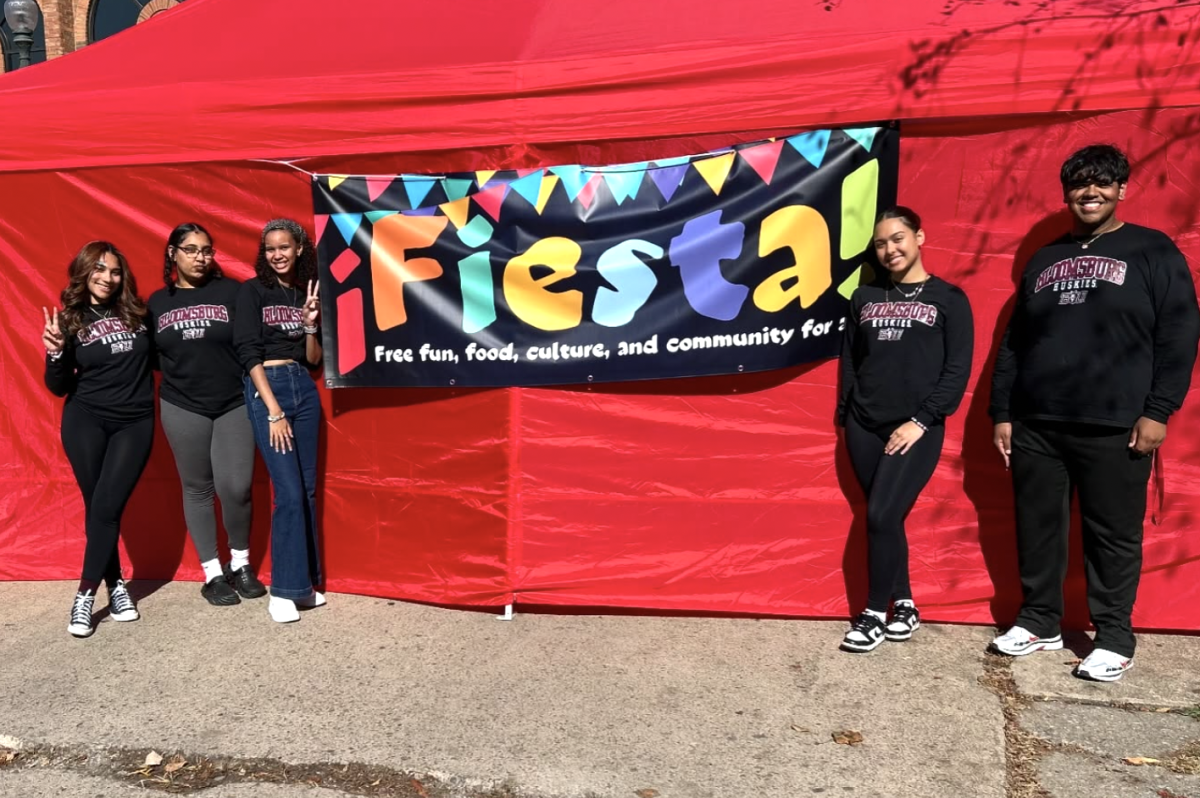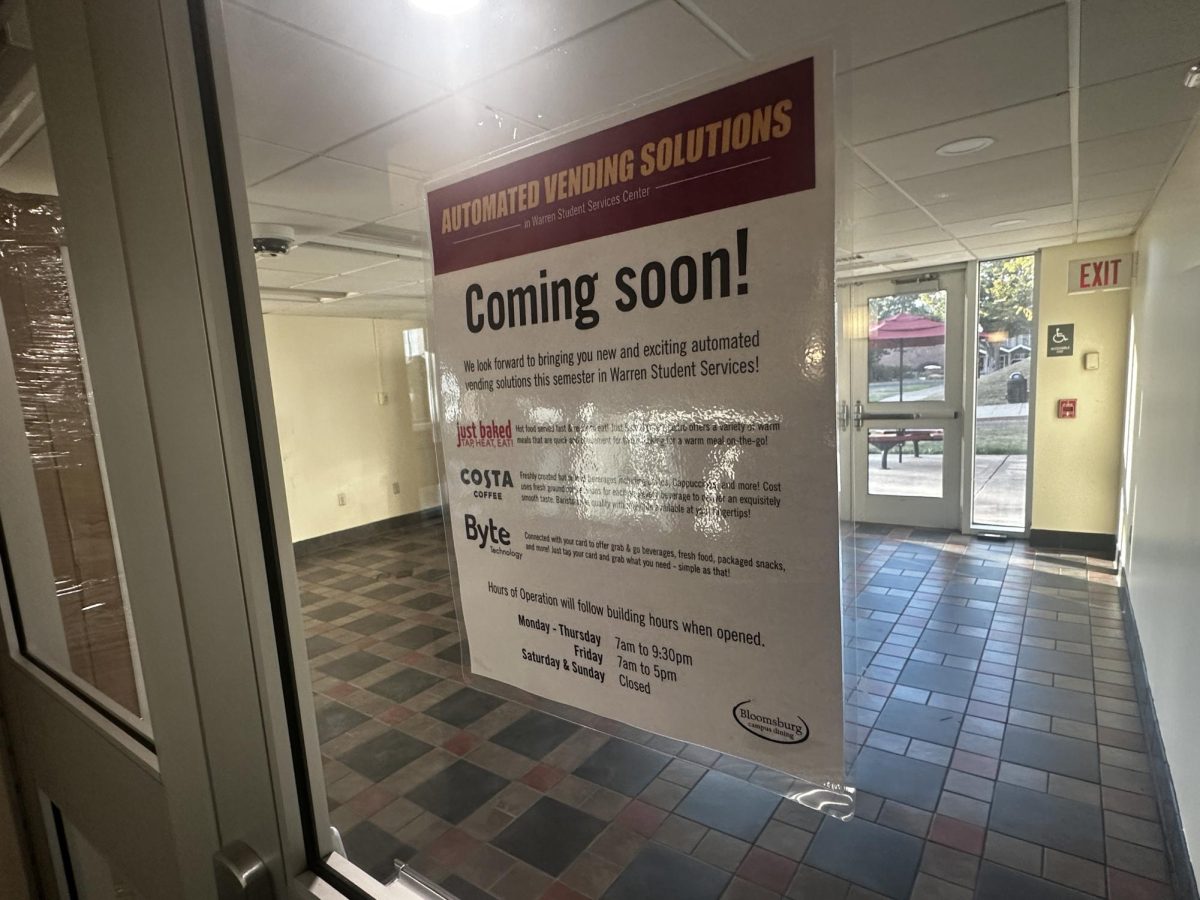Religion is one of, if not the most intensely-contested topic in the modern world, regardless of context. It was a key factor in recent presidential elections. It’s been a point of contention in the legal arena, the medical field and a multitude of other places. Those who mention or question religion are walking a dangerous line, depending on where they stand and who they’re addressing.
If you look at who’s stirring up the most controversy, however, chances are you’ll find a sizable number of extremist organizations, whether they’re fully for or entirely against certain religious principles.
BloomU recently bore witness to one such organization when members of The American Society for the Defense of Tradition, Family and Property (TFP) set up shop between Northumberland and Luzerne Halls. They spent several hours passing out pamphlets, blaring bagpipes and spouting anti-transgender propaganda.
Members of BU’s LGBTQA community eventually chased away the fanatics, but the damage was already done; another group of inflammatory extremists had distorted the Christian name.
The heart of the matter is simple; hatemongers and terrorists are the ones who get publicity. All it takes is one radical act from an independent sect or splinter group to cast the other 99 percent in a false light.
We at The Voice believe that the actions and words of societies such as these should not speak for the rest of their respective populations. The Christian life (or that of any major faith) is not one of hatred and those who choose not to follow that path should never perceive it as such. Extremists are exactly what the word says; they’re extreme and the views they adhere to are stretched and warped far beyond the norm.
As sad as it is, it’s all too common now. Due in part to excessive media coverage, fuel gets added to prejudices and stereotypes and extremists become the de facto figureheads of certain belief systems. Politicians who excessively incorporate religion in their policies end up alienating non-religious voters, which only deepens the divisions of an already touchy topic.
Radical Islam has perhaps created the biggest rifts in worldwide religious understanding and as we’ve seen within our own borders, the ordinary believers are the ones who suffer for it. The recent U.S. travel bans were paranoid reactions to extreme jihadism and the remainder of the Muslim population paid the price.
The list of groups in America that take religion and right-wing ideals too far is a lengthy one. There’s the America’s Promise Ministry, which practices an ideology of white separatism in the Pacific Northwest; the Council of Conservative Citizens, whose website plainly states that “mixing the races is rebelliousness against God”; the Vinlanders Social Club, whose members follow a form of ancient Viking paganism with some seriously racist overtones; and the ever-vocal Westboro Baptist Church, who hates just about everybody.
The left has its share of far-flung radicals, too, including the Midwest Academy (essentially a school for churning out far-left activists with an “us-versus-them” extremist mentality) and the International Action Center (whose members insist that the U.S. is and always has been, the world’s number one human rights violator).
So yes, the world is full of angry dissenters and detractors such as these, but they’re isolated, often living on the fringes of society and their views are mostly at odds with those of their more well-reputed brethren. If people could hold some civil discussion or look past the sensationalism the media pours on these extremist sectors, they’d see that the values of a religious life are not so foreign, after all.
Only hours after the TFP members fled campus, students could find a collection of Bible verses and other writings from BU’s Christian community, etched in chalk where the anti-transgender proclaimers had previously stood. The sidewalk scribblings were numerous, but they all conveyed the same messages: BU Christians stand with LGBTQA, God’s love has no boundaries and loving your neighbors means loving all of them.
~ The Voice





















